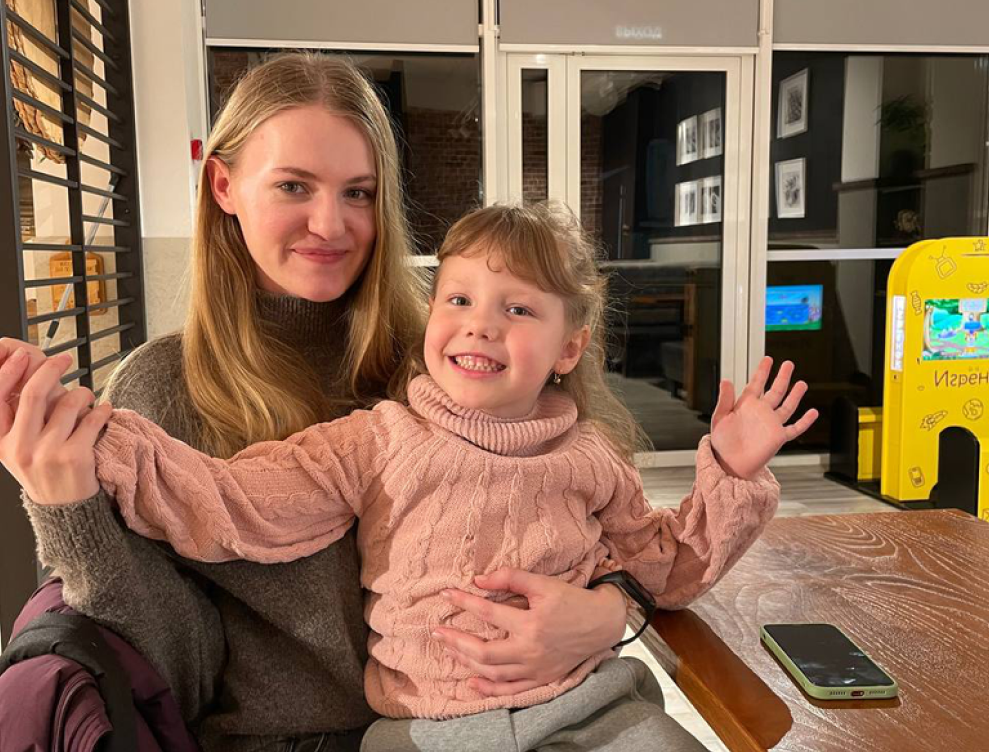
Genie Sugene Gan
Head of Government Affairs and Public Policy for Asia Pacific, Kaspersky
‘The moment I stop being curious, I stop growing’
If I were to meet a younger version of myself right now, say, an eight-to-10-year-old girl, I don’t think she would believe I work in a technical field, let alone in cybersecurity. To be honest, it wasn’t my childhood dream. I would rather call it a coincidence.
I graduated from a humanities university as a linguist with a focus on the German language. After completing my degree, I put all my efforts into finding a stable full-time job that would meet my skills. So, I decided to join an IT company, where they badly needed people with good German skills. They were ready to hire me even without any experience, as long as I could communicate effectively with clients from DACH countries. Thus, I started my first job as a technical support engineer. Of course, I had to learn all the technical details from scratch, and, while the learning curve was steep and demanding, this experience turned out to be pivotal in my career trajectory.
are often applicable for a number of professional fields. With them, you can succeed even in areas you hadn’t previously considered.

Several years later, I decided to leave that company and move forward. As a further step, I chose Kaspersky Business Incubator, a massive project focused on developing startups. That year, the EU General Data Protection Regulation (GDPR) had just been introduced, completely changing the rules for personal data processing in Europe. I began working in a startup within Kaspersky, which was precisely focused on helping users manage their personal data. Specifically, we were developing an application that allowed people to find out which companies owned their personal data and to submit requests to organizations and social networks to delete or change users’ sensitive details from their databases.
Before that, I had already worked with the topic of privacy and personal data in one way or another. However, it was a whole different, giving me an inspiring feeling that I was working on something completely unique, standing at the origins of a project that could help change people’s lives for the better.
After some time working in that startup, I decided to move on. Now, I work in a team researching web threats, particularly phishing, scams, and other sorts of online fraud leading to the loss of personal and financial details. Essentially, I’m still involved in protecting personal data, privacy, and user security, just in a slightly different way. In addition to research, I also work on investigating new methods for detecting and blocking these threats.
In the beginning of my career journey, I became a romantic interest of a colleague who resorted to various cyberstalking methods. After I moved to another place and left the company, all stalking attempts, fortunately, cease. Of course, I didn’t do it for that reason, but after all it was something that helped me to resolve this issue anyway. Back then, I was too young and inexperienced and didn’t know how to stop it. Now I would handle it very differently, and I hope this will be useful advice for girls who encounter this threat.

Over time, I have become much stronger and, perhaps, have even become a role model in some way. Of course, it’s difficult to acknowledge one’s own successes with impostor syndrome. But there is someone in my life who does it for me — my sister. She always tells everyone about my achievements and tirelessly repeats that I am an example for her. She has a little daughter who she has also «taught» to be proud of me.
Of course, such support is very inspiring (especially from my little niece) and gives me the strength to keep moving forward and not give up.
Furthermore, I have always been motivated and endlessly inspired by women who have achieved recognition and significant success in the IT field and I would love to see more women in our industry. I know many of them may fear that it’s a male-dominated sphere, but, in reality, it’s akin to any other field. After all, there’s no guarantee entering a predominantly female world won’t come with its own set of challenges.
More stories about Women in CyberSecurity